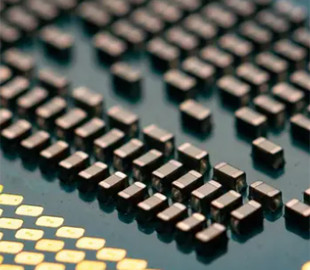
According to new rumors, Apple is postponing the purchase of processors manufactured using the advanced 2-nanometer process technology for its upcoming iPhone 17 Pro. The smartphones will remain on the current 3-nanometer technology. But why?
As you know, iPhone processors are manufactured by TSMC. We first heard about the start of development of 2-nanometer chips in 2019. In December 2023, the first test samples were shown to Apple management. In the same year, the company said that it was accelerating work on the technology in order to meet demand from companies such as NVIDIA. We also heard that Apple had bought out the queue for these processors in advance, thus preventing competitors from accessing them. But now it seems to be backing down, radically changing its plans, reports Channel 24, citing a report by the MyDrivers publication.
The iPhone 17 Pro will not have two nanometers
According to the source's post, Apple has abandoned 2-nanometer chips due to their higher than expected cost and limited production capacity. New data suggests that the commercial launch is now scheduled for 2026, rather than the current 2025, as planned back in 2023.
Although the supplier has already started trial production, the results are not promising and it could potentially take time to ramp up supplies of the finished processor.
The trial production of 2-nanometer chips was carried out at the Baoshan factory in Hsinchu, Taiwan, and according to reports, the defect rate does not meet the standard set by the company. To be more precise, the yield rate is 60%, which means that almost 40% of the chips produced are defective. With each wafer costing a whopping $30,000, the manufacturing cost seems prohibitive for Apple to integrate 2-nanometer chips into the upcoming iPhone 17 Pro and iPhone 17 Pro Max.
Due to these concerns, the company decided to delay the launch of the new chips by almost a year, and they are now expected to only appear with the release of the iPhone 18 Pro models in 2026. This also means that the iPhone 17 lineup will continue to use TSMC's 3-nanometer chips.
Apple already uses TSMC's 3-nanometer processors in its current iPhone 16 lineup. The iPhone 17 chips will certainly get some improvements this year, but now we can't expect any significant leap in performance and power efficiency – it will happen in 2026.

